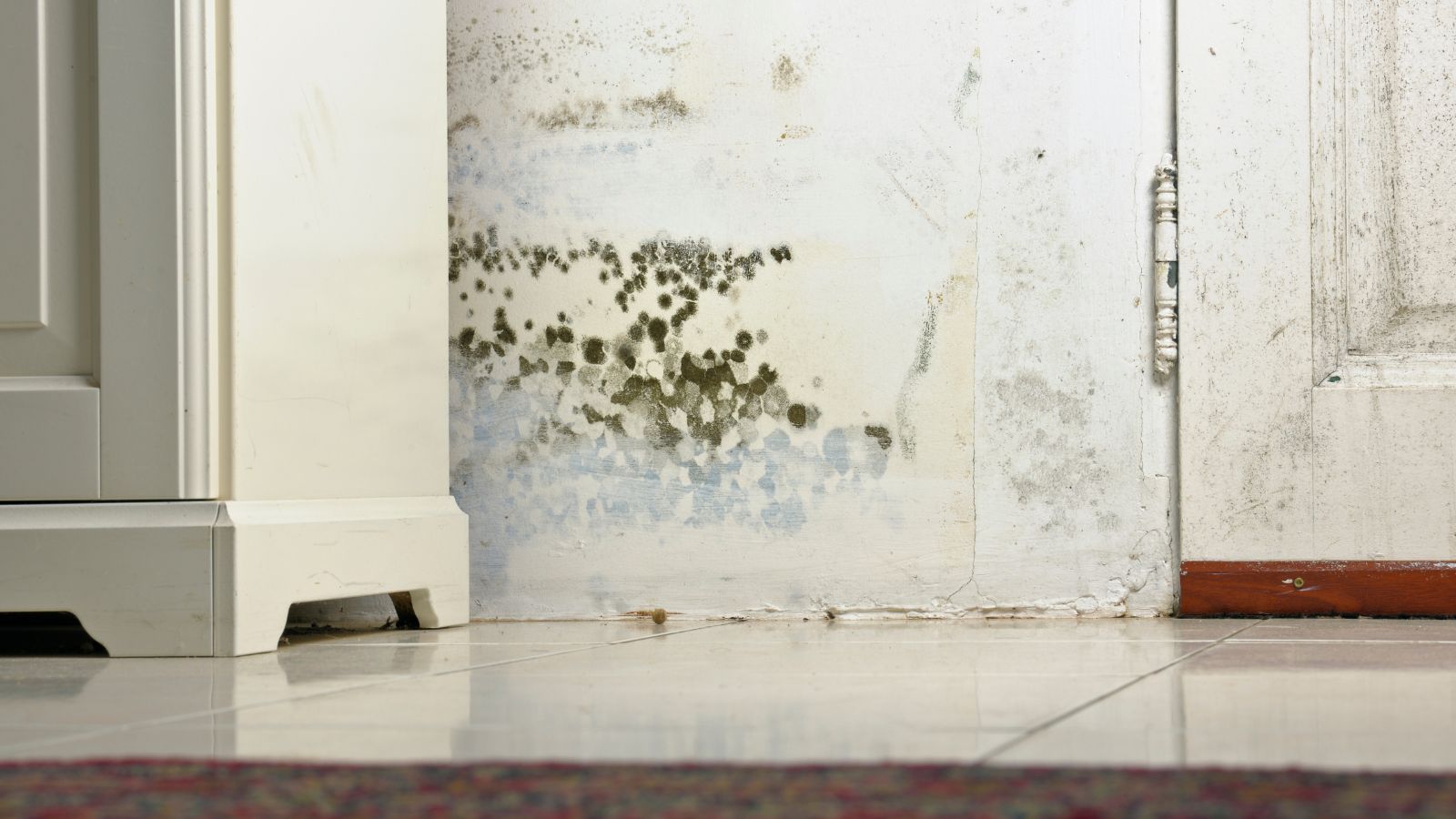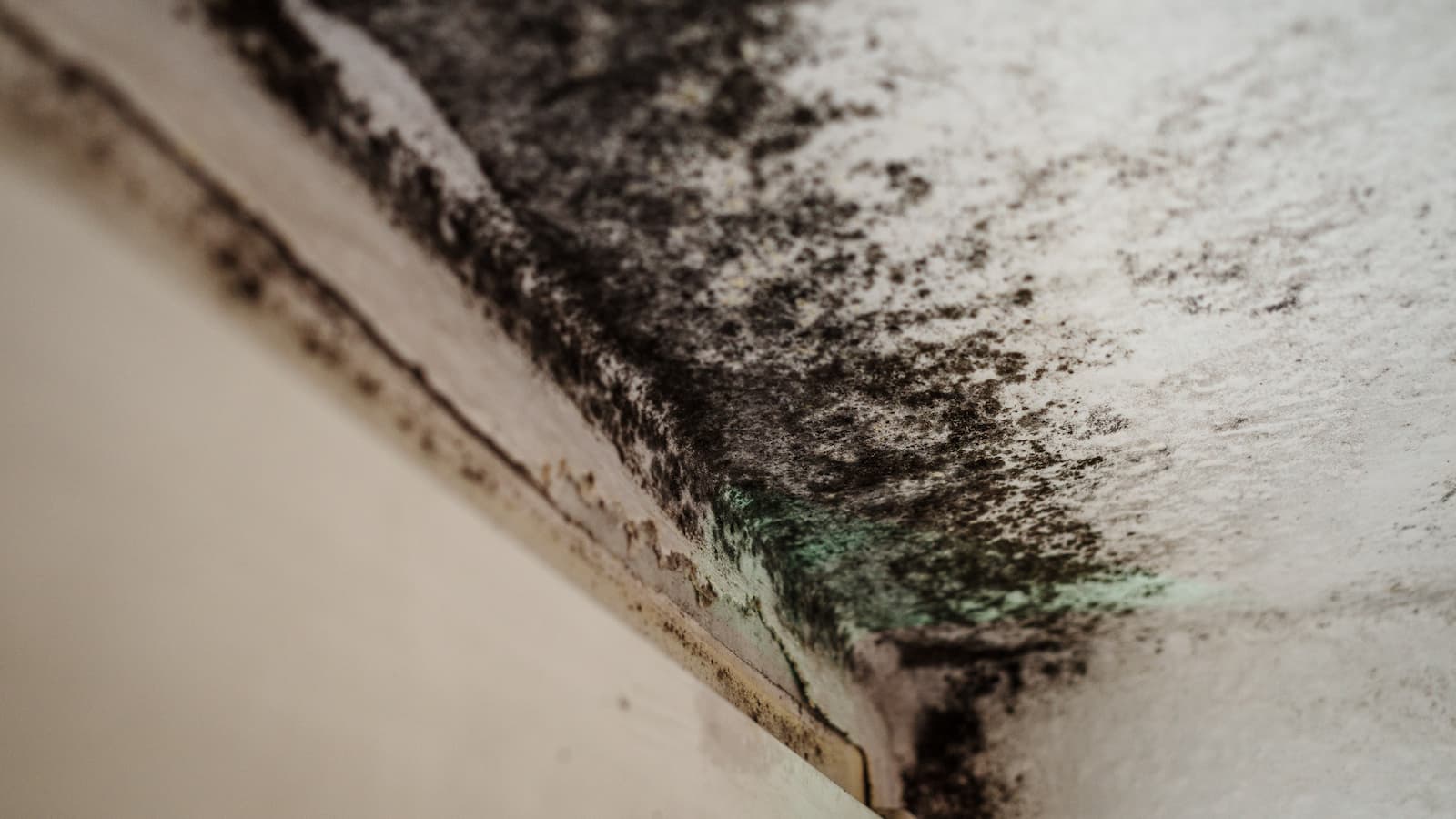30,000 homes left with damp and mould as government calls insulation rollout a 'systemic failure'
Government admits 'systemic failure' as tens of thousands of homes, particularly in poorer areas, bear the consequences of substandard retrofits

More than 30,000 UK homes have received poor-quality insulation under the ECO4 and Great British Insulation Scheme (GBIS), Minister Miatta Fahnbulleh admitted – calling it a “systemic failure.”
Many of the affected properties are in lower-income regions, notably Luton and County Durham, where reports of mould, damp and crumbling walls have emerged.
The revelation has fuelled fears that flaws in Britain’s retrofit schemes are not isolated mistakes but part of a recurring pattern.
The scale of the failure

The government’s preliminary audit indicates that over 30,000 homes receiving wall insulation under ECO4 and the Great British Insulation Scheme (GBIS) – launched in April 2022 and May 2023, respectively – failed to meet required standards.
Reports of black mould, peeling plaster and unsafe living conditions have been particularly prolific in areas like Luton and County Durham.
One homeowner in Luton spoke of being unable to sleep in his bedroom due to extensive damp and mould, describing the experience as a “nightmare,” while local reports from County Durham echo similar distress.
Ministers have noted that these issues are primarily connected to solid wall insulation, while other measures under the same schemes – such as those administered through local authorities or social housing – show higher compliance rates.
Bring your dream home to life with expert advice, how to guides and design inspiration. Sign up for our newsletter and get two free tickets to a Homebuilding & Renovating Show near you.
Nonetheless, this sizeable failure has affected households across diverse regions, highlighting that the problem is not confined to one demographic or geography.
Echoes of past retrofit scandals
Earlier retrofit schemes, such as the Green Homes Grant and the Renewable Heat Incentive, similarly fell short of expectations.
The Public Accounts Committee branded the Green Homes Grant a “slam-dunk fail,” citing delays and shoddy work.
The Energy Security and Net Zero Committee also called out the stop-start nature of retrofit programmes, which has hampered long-term progress on home energy efficiency.
Against this backdrop, the current ECO4/GBIS debacle risks reinforcing public mistrust and jeopardising net-zero goals.
How has the government responded?
The government has committed to swift action. Ofgem has already begun writing to the approximately 60,000 households that received solid wall insulation under the schemes.
Many affected homes have already undergone on-site checks, and in early remediation efforts, 90% of identified poor-quality installations have been corrected at no cost to consumers.
To prevent future failures, the government is rolling out a series of reforms:
- Installer bans 39 companies have been suspended from conducting new work under government insulation schemes.
- Warm Homes Plan reforms The controversial rollout is being overhauled through the Warm Homes Plan, due this autumn. New standards include higher qualification requirements for installers, single-certification-per-measure to increase accountability, and the establishment of a Retrofit System Reform Advisory Panel, bringing together industry, consumer, and enforcement experts.
- Ongoing oversight The government says Ofgem and TrustMark are conducting more rigorous audits, with obligations that installers remediate defects. The government has also promised transparency and better guidance for consumers.
These actions signal a shift from reactive fixes to structural reform, aiming to safeguard quality and restore confidence in retrofit schemes, but their effectiveness remains to be seen.

News Editor Joseph has previously written for Today’s Media and Chambers & Partners, focusing on news for conveyancers and industry professionals. Joseph has just started his own self build project, building his own home on his family’s farm with planning permission for a timber frame, three-bedroom house in a one-acre field. The foundation work has already begun and he hopes to have the home built in the next year. Prior to this he renovated his family's home as well as doing several DIY projects, including installing a shower, building sheds, and livestock fences and shelters for the farm’s animals. Outside of homebuilding, Joseph loves rugby and has written for Rugby World, the world’s largest rugby magazine.
